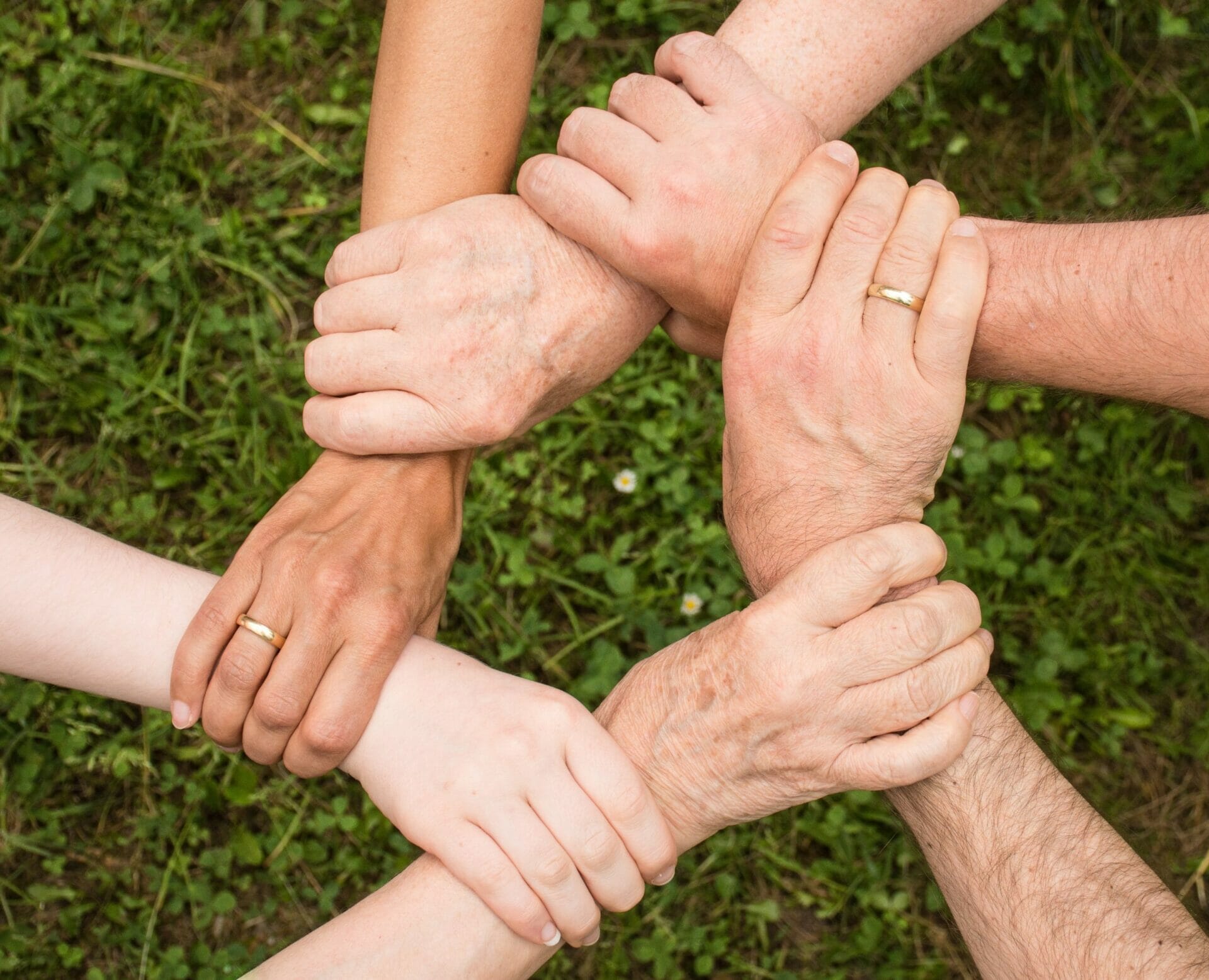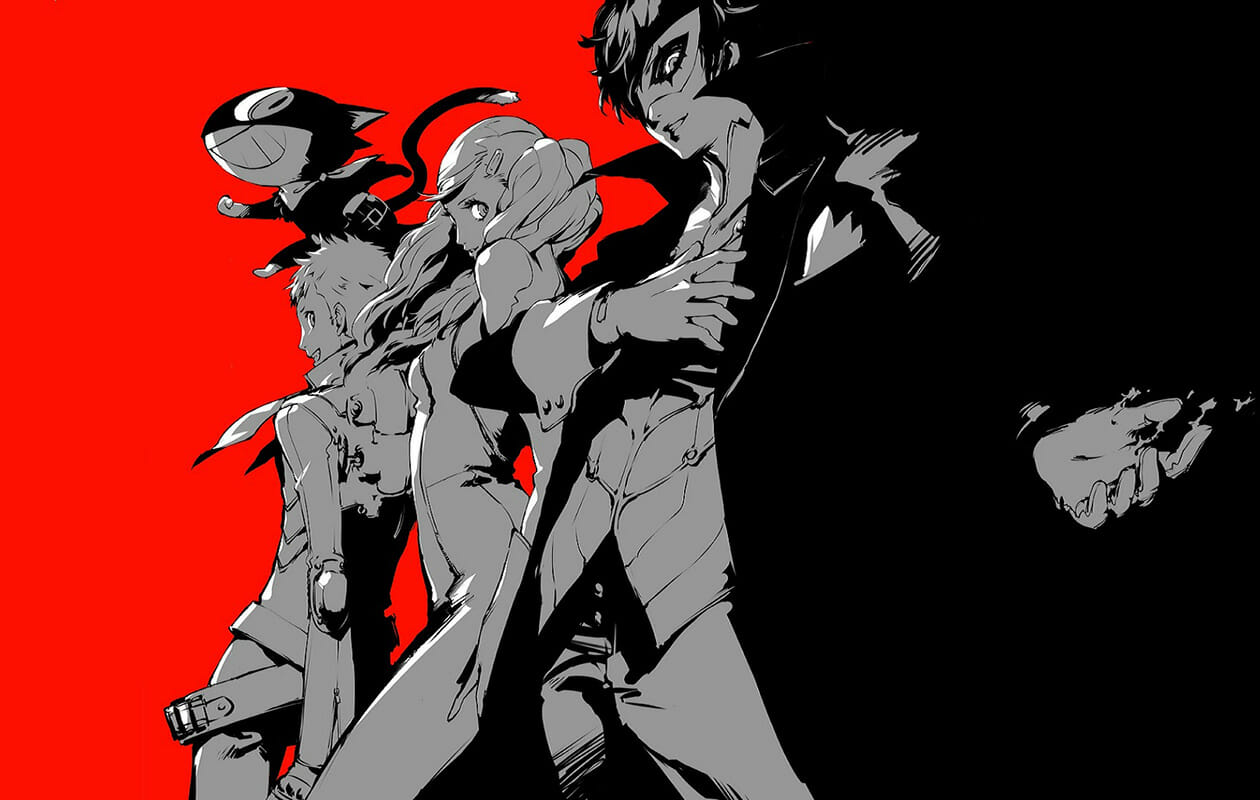
Persona 5 | Society is a Freudian prison
Studio
Art Director
Lead Composer
Publishing Year
Genre
Country
As the society can be both a safety net and a prison, Persona 5 dives into the discussion with rebellious style, with its protagonists becoming modern Robin Hoods in an acid jazz-inspired Tokyo, fighting corrupt members of society with supernatural powers inspired by Jung.
You are a slave. Want emancipation?
With this tagline, Atlus unveiled Persona 5 to the world. Inspired by picaresque novels the game deals with people’s responsibility for their own life. Together with highlighting social issues in contemporary Japan, Persona 5 offers a snappy analysis of group psychology.
Society is a prison where people gladly live
Using the 2011 Tōhoku Earthquake as inspiration, with how the media and the population reacted to it, director Katsura Hashino crafted a game steeped in Japanese daily life. The Tōhoku earthquake was the incident that hit the Fukushima Daiichi power plant. Its coverage by the Japanese media received criticism for being closer to a government mouthpiece than actual news reporting.
Released in 2016, Persona 5 is an anti-authoritarian story where the enemy is delegation of responsibility. In fact, the protagonists are outcast teenagers who band up as the elusive Phantom Thieves, becoming actual rebels. Japanese society is very strict. The expectation that everyone must stay in its place can feel oppressive, as the characters of Welcome to the NHK do. At the same time, a rigid society frees people from their own responsibilities. As Sigmund Freud writes in Group Psychology and the Analysis of the Ego, people in a group get rid of their repressions and act on their unconscious drives. Consequently, they lose consciousness and are easily swayed by the emotions circulating in the group.
Mass media are a game-changer
The Phantom Thieves in their crusade against corruption, become famous in Tokyo. As a result, the media immediately latches on to them. From newspapers to the internet, the Phantom Thieves start circulating in the collective knowledge sphere. In fact, the protagonists themselves have a fansite that they use to find new targets for their missions. For this reason, they too get entangled in the internet’s group and base their actions on mass popularity. Like with the coverage of the Tōhoku Earthquake, the media are able to sway the population’s inclinations. Consequently, in Persona 5, the popularity is a double-edged sword that turns on the Phantom Thieves, changing their status in society from stars to criminals.
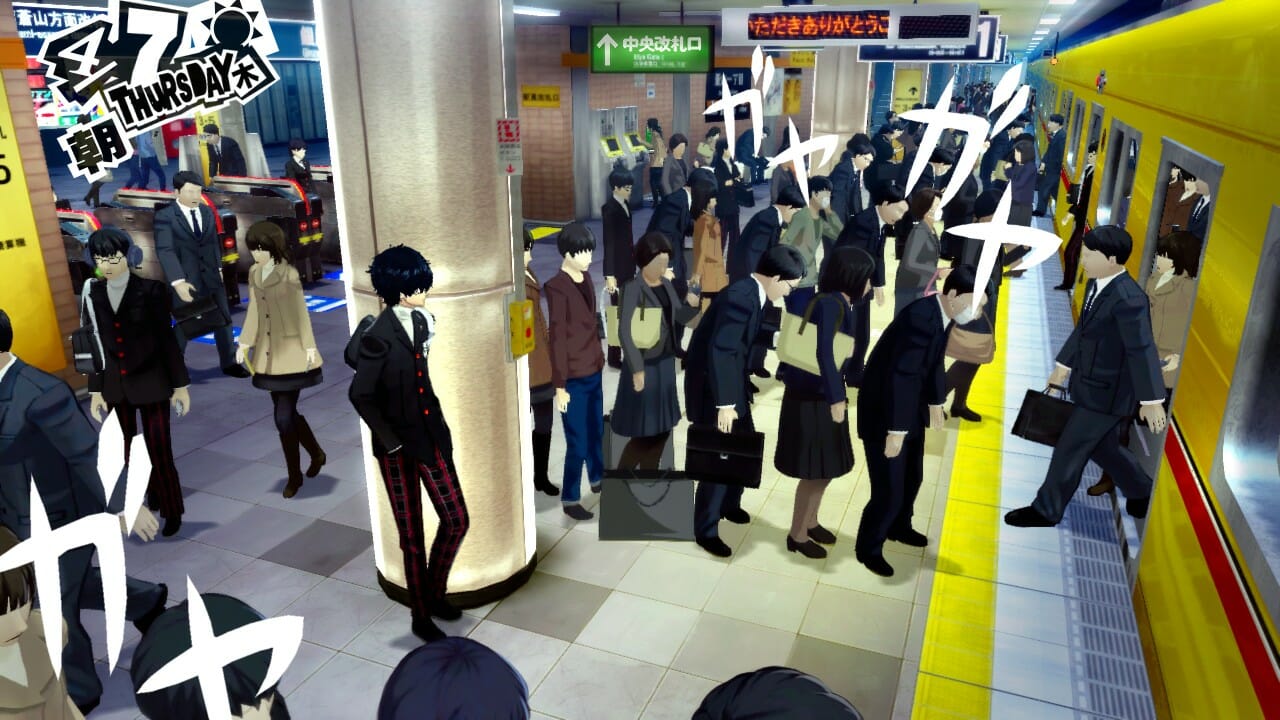
Fighting injustice and abuse
The Phantom Thieves have the ability to dive into the Metaverse, a metaphysical space formed by the collective unconscious of Tokyo’s population. In it, they have the ability to change people’s intentions. For this reason, they target abusive people in power. Thus, in a teenage rebellion style, the Thieves reject authoritarianism, refusing to adhere to the Japanese custom of never standing up to their seniors, be it older people or bosses. The targets then are abusive teachers, crimelords, and corrupted politicians. Like Cyberpunk 2077, Persona 5 uses real issues to explore larger themes. Both games take inspiration from contemporary politics and social issues but are used to forward more personal themes. Persona 5 tackles Japanese issues like endemic sexism, politicians’ corruption, or the penal system’s rigidity. While the game keeps commentary light, it’s all in the function of people letting their superiors dictate their lives.
Gameplay filtered through psychology
As in the previous games of the series, Persona 5 uses elements taken from Carl Jung’s writings for its story and combat. Thus the characters, to unleash their true power, have to rip a mask off their face. In Jungian psychology, masks are a person’s presence in society. By ripping the mask off, the protagonists accept their true selves and summon their shadows. Similar to Freud’s unconscious, a shadow is a hidden part of a person’s self. By accepting this part, the Persona 5 characters can summon their shadow as entities they can fight within the Metaverse. These entities, the Persona, take the form of folklore figures. These personas are archetypes, ideas, and stories common to humanity and an integral part of the collective unconscious. In a similar way to Pokémon, a persona trains skills and spells and uses them in combat.
In addition, another important part of the game is social simulation. The main character can form relationships around Tokyo, meeting classmates, doctors, or politicians. Leveling up Social Links can offer buffs to combat, new items and mechanics, or even lead to romantic entanglements. The main character helps his friends, solving problems and letting them grow.
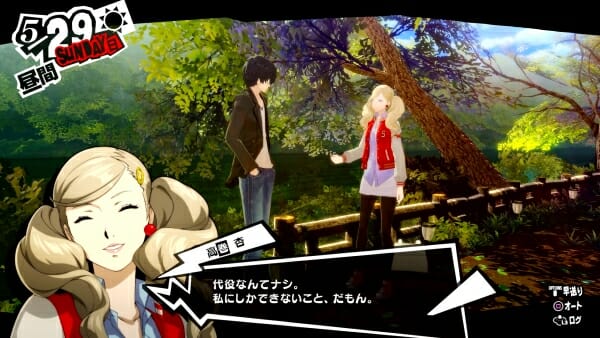
Changing society by assuming responsibility over life
The targets of the Phantom Thieves are enabled by their surroundings. In other words, people in their groups look the other way and ignore the injustice happening. People in a group don’t want the responsibility for their life and delegate choices to others. As Freud points out, people begin to identify with the whole group and their desires begin to align. Moreover, single chief leaders naturally draw people around them, aggravating the identification impulse. The game encourages players to think on their own. In Persona 5, to escape the prison of society one must reject its rigid conditioning and stand up for themselves.
On the other hand, society is a necessary component of daily life, and it can’t be completely destroyed. To fix it, people must actively improve. People must think for themselves and stop delegating their ideas to others, be it a political figure, a superior at work, or a popular classmate. Furthermore, by creating smaller groups and bettering them, society can improve as a whole. Only by accepting one’s own life responsibility can life truly change. Whether it is following passions and ignoring misanthropic people, or entering institutions to change them, people must always live as best as they can, standing up for what they believe is right and being loyal to their loved ones.
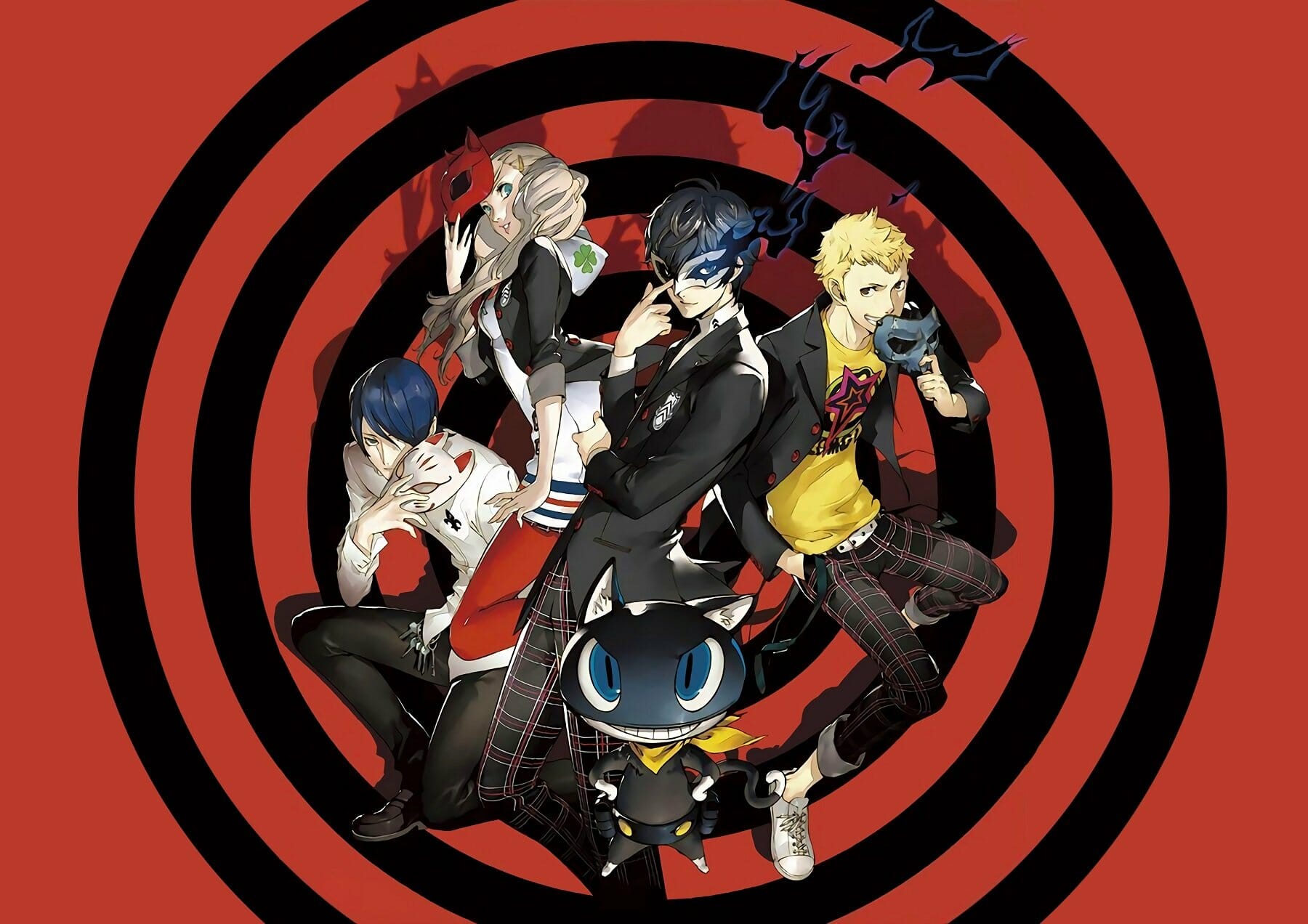
A striking success
Persona 5 has garnered immediate success. Universally acclaimed by Japanese and Western critics, the game won two awards at the 2016 Japanese Playstation Awards. Praised for its style, music and story, this game received numerous nominations from multiple news sites. It won the “Best Music” award at the 2019 Famitsu Dengeki Game Awards. In addition, in the same year, an enhanced version was launched as Persona 5 Royal. It featured new characters, story beats and locations. Furthermore, two animated series were released for Persona 5, in 2013 and 2018 respectively, alongside a manga in 2017. Not only that, but Atlus published two spin-off games, Persona 5 Dancing in Starlight and Persona 5 Strikers, in 2018 and 2020.
Tag
Buy a ☕ for Hypercritic







